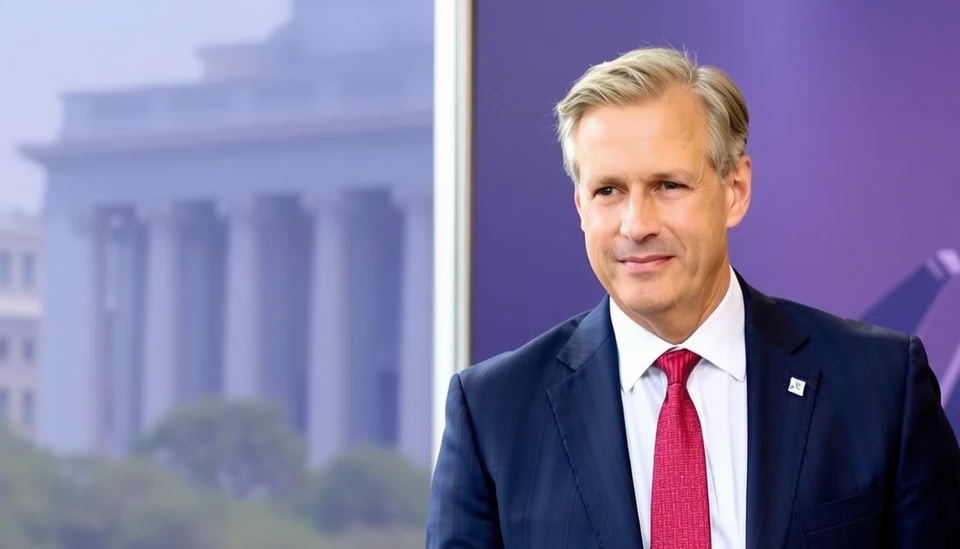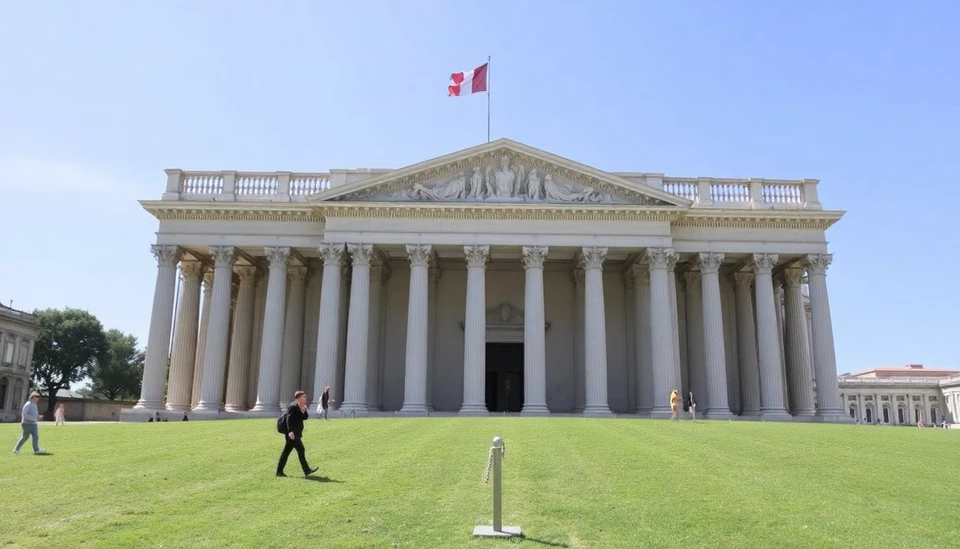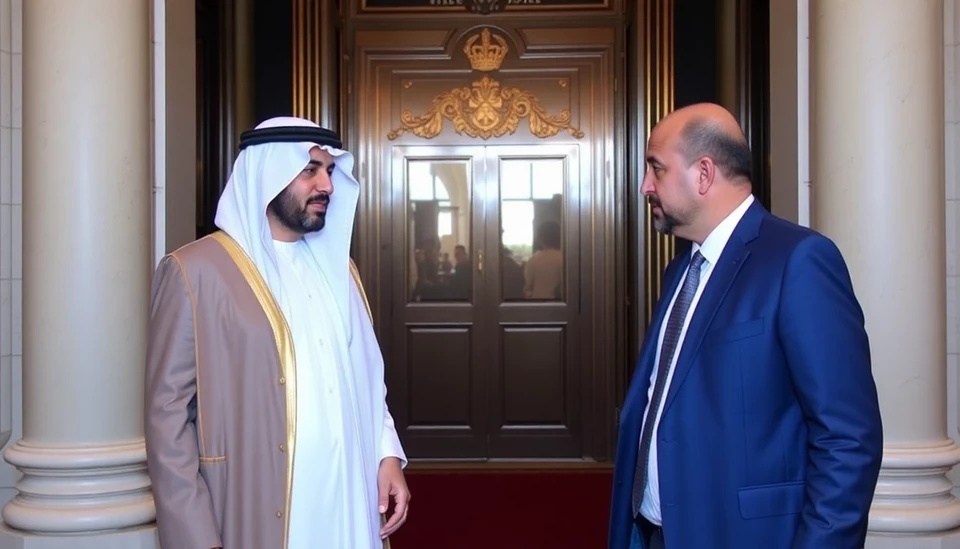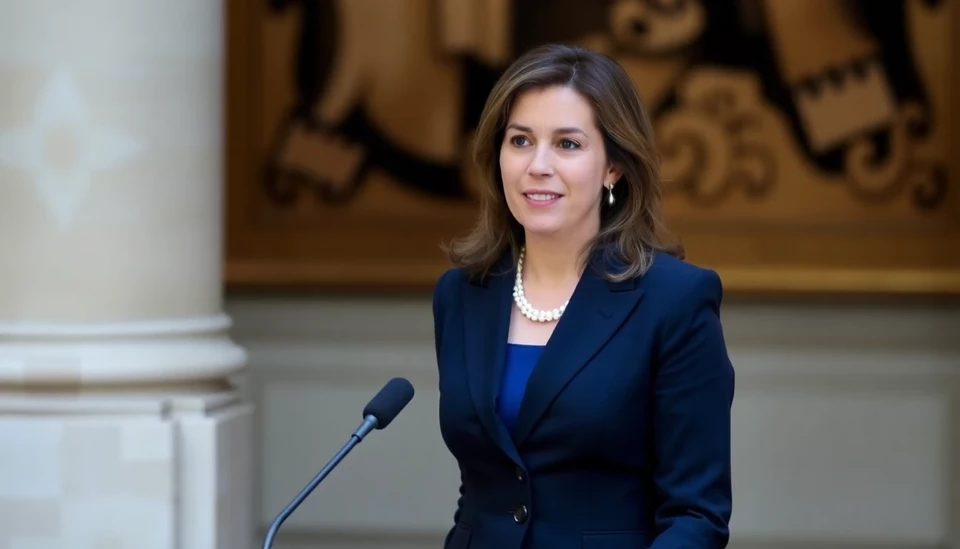
In a surprising turn of events, the Italian government led by Prime Minister Giorgia Meloni is facing significant hurdles in its plans to overhaul the country’s banking sector. This comes as the CEO of Banco BPM, Giuseppe Castagna, announced his resignation shortly after a critical investment decision. This development complicates the intended partnership with the state-controlled bank, Cassa Depositi e Prestiti (CDP), which was seen as a key pillar in Meloni's strategy to stabilize and consolidate Italy’s banking industry.
Castagna's resignation follows a notable proposition made by Andrea Orcel, the CEO of Unicredit, who is advocating for a more competitive banking environment characterized by consolidation. Orcel's proposal suggests that rather than merely supporting an initiative backed by the government, banks should instead seek collaborative partnerships among themselves to foster stability and growth. This challenge to the government’s approach has left Meloni scrambling to respond to the evolving landscape of Italy’s finance sector.
The backdrop of this shake-up is the Italian government's ambitious plan to reduce the number of banks through strategic mergers and to leverage the government’s financial arm to provide necessary support. However, the rapid changes within the banking sector, particularly with the exit of a key player like Castagna, has thrown uncertainty into the mix. This unpredictability forces Meloni to reevaluate her administration's banking policies, which were previously built on the foundation of cooperation with established financial institutions.
As Meloni navigates this precarious situation, industry insiders speculate on the next steps she can take to salvage her banking strategy. With the resignation of Castagna, there are questions about the continuity of Banco BPM's leadership and how this will affect its role in future mergers and collaborations. Additionally, Orcel’s plans could undermine the government's authority, prompting a rethinking of regulatory frameworks designed to ensure the stability of the banking system.
This unfolding scenario also brings to light the broader tension within European financial markets as countries grapple with the pressures of a precarious economy and the need for robust banking structures. The situation is further complicated by growing public scrutiny over the government’s ability to manage these corporate transformations while ensuring that consumer interests remain protected.
As the Meloni government interacts with new obstacles and opportunities in the banking arena, the coming weeks are likely to prove critical. Whether they can devise a coherent response that balances private and public interests amidst such turbulence remains to be seen. The stakes are high for Italy, where the health of the banking sector is inextricably linked to the nation’s economic resilience.
As we watch the developments closely, it will be interesting to see how Meloni's government recalibrates its strategy and whether Orcel's vision for a more consolidated banking landscape will come to fruition without undermining the public’s trust in financial institutions.
Stay updated with us as we follow this evolving story that is set to reshape Italy's banking future.
#GiorgiaMeloni #BancoBPM #AndreaOrcel #ItalianBanking #CassaDepositiEPrestiti #BankingStrategy #FinanceNews #Unicredit
Author: Victoria Adams




